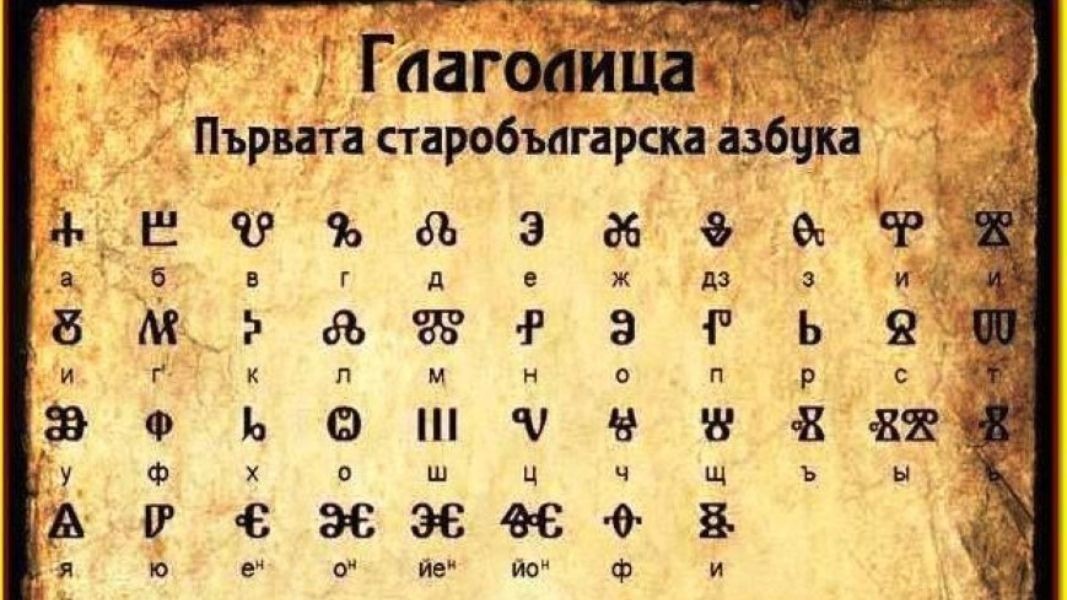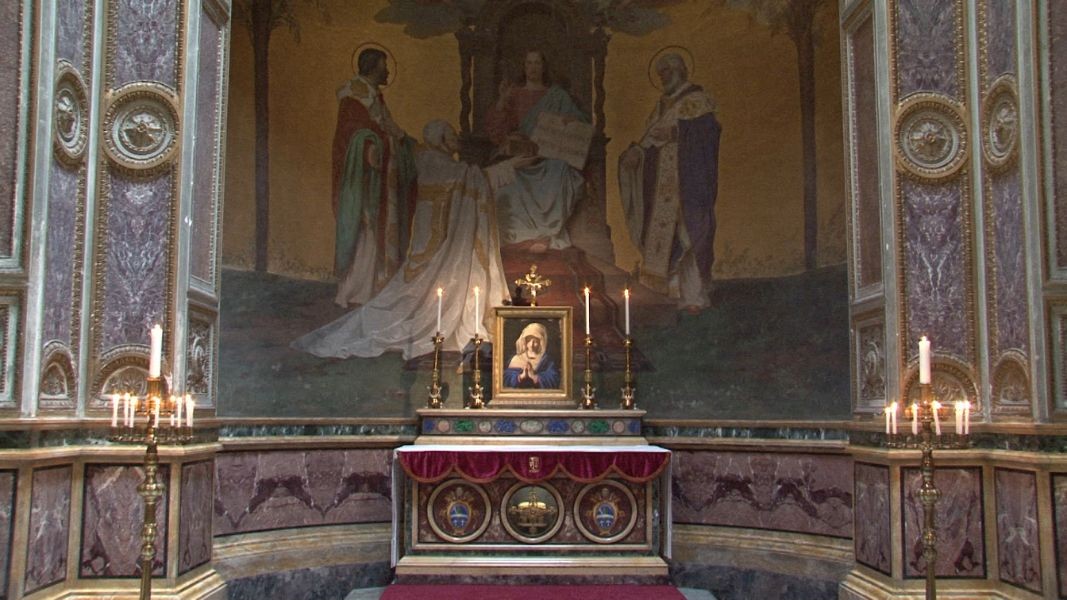On May 11, the Bulgarian Orthodox Church honours the memory of the Holy Equal-to-the Apostles and Co-Patrons of Europe Sts. Cyril and Methodius, creators of the original Bulgarian alphabet - the Glagolitic alphabet known in Bulgarian as Glagolitsa.

The first written notices of the tribute to the Thessalonian brothers Cyril and Methodius on May 11 in Bulgarian National Revival period literature are found in Neofit Rilski's 1852 "Christomatija slavyanskogo yazaka" (Collectanea of the Slavic language).

Photos: BGNES, Alexandra Delova
Vasil Levski is a Bulgarian revolutionary and national hero who fought for the Liberation of Bulgaria from the Ottoman Empire. He is an ideologist, founder and organizer of the Internal Revolutionary Organization, for which grateful..
Bulgarian Patriarch Daniil will celebrate the first liturgy in London for the consecration of the new church of the Bulgarian Orthodox community in the British capital - the church of Saint Ivan Rilski. T he church is part of the Bulgarian Embassy..
Every year on February 10, the feast of St. Haralambos , Bishop of Magnesia, is celebrated with special solemnity in a small Bulgarian town in the northernmost part of the country's Black Sea coast . For Shabla and its residents, this is the..
Vasil Levski is a Bulgarian revolutionary and national hero who fought for the Liberation of Bulgaria from the Ottoman Empire. He is an..

+359 2 9336 661
